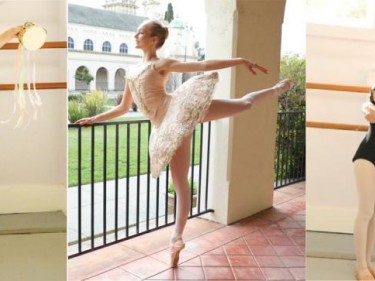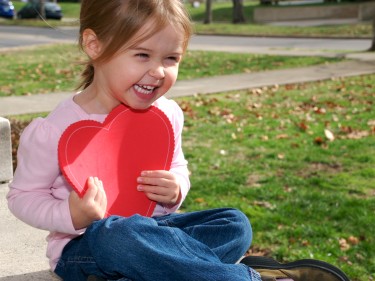The Early Learning Program at LFSF, the Lycée Français de San Francisco
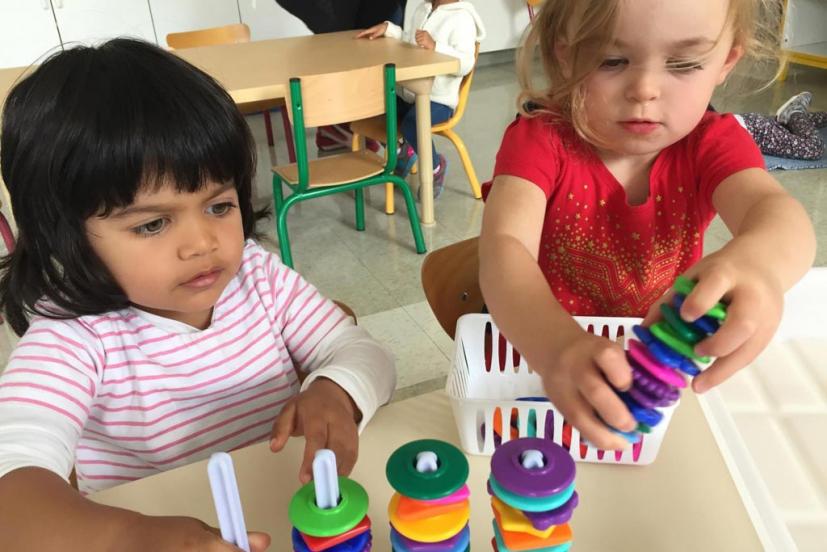
Over the course of the program, children acquire a taste for learning together.
Marin Mommies presents a sponsored article from Lycée Français de San Francisco which offers early childhood education at its campus in Sausalito.
Early Learning, a French tradition
Universal preschool has been a hot topic in the U.S. for a while. In the debate between politicians, economists, and educators, two studies are often used as a reference: the Perry Preschool Study and the Abecedarean Project. Both studies found enormous benefits in early education and economists like Nobel laureate James Heckman have advocated for preschool as one of the most efficient uses of education dollars.
In terms of early education, the French education system now counts nearly two centuries of savoir faire. Since the 1830s, French early learning programs have developed into a fundamental building block of the French education system designed to gently prepare kids to be students.
How does it work: question, create, explore.
The Early Learning program—referred to as “Maternelle”, from the word mother—has an interdisciplinary and project oriented approach. Over the course of three to four years, disciplines such as logics, mathematics, verbal expression, drawing and prewriting, relation of the body in space through physical activity ( rolling and tumbling) are all brought together in a way that is both stimulating and fun.
Learning situations in the classroom are selected according to the needs of the group and those of each child with the objective to promote interactions between children and create the conditions for shared attention.
The key role of playtime
Playtime is important as it feeds all subjects of learning. It allows children to exercise their autonomy; to re-enact reality and explore fiction developing their imagination; to exercise motor skills and to experiment with various social rules and roles. It also promotes communication and social development.
Living together, learning together
The class constitutes a learning community that lays the foundations for building soft skills such as how to regulate emotions and how to behave or work in a group. These important skills are shown to be harder to learn later on.
In a very progressive way, over the course of the program, children learn to cooperate and take initiatives within the group. They acquire a taste for learning together, while developing communication skills that allow them to exchange and confront their point of view with that of others.
The objective is for each child to find her/his place in the group, be recognized as a person in its own right and experience the role of others in the construction of learning.
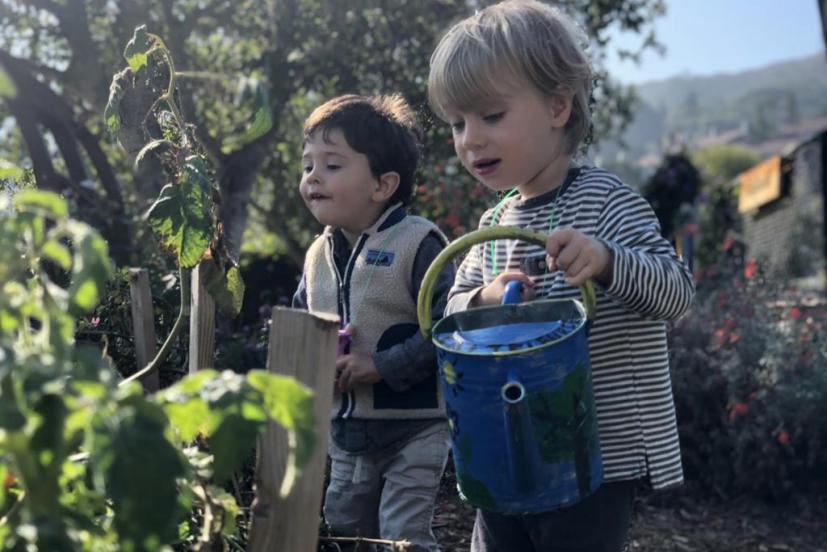
Learning happens in two languages, in and outside of the classroom. In the school garden, children plant, garden and harvest herbs, fruits and vegetables, before cooking and enjoying them together.
Early learning, in our bilingual context
Much of the maternelle focuses on language, and on children achieving a level of fluency in both French and English by the time they start to learn to read and write.
Studies show that the earlier a child is exposed to a second language, the greater the likelihood she/he will gain proficiency. This is the reason why LFSF recently launched La Petite Ecole, a nurturing program for the very young offered on the beautiful Sausalito campus. The program is extremely popular as it allows parents to offer their child the gift of a multilingual education, as early as age 2.
Schedule your private visit with the admissions team today to learn more about the Early Learning program at LFSF.
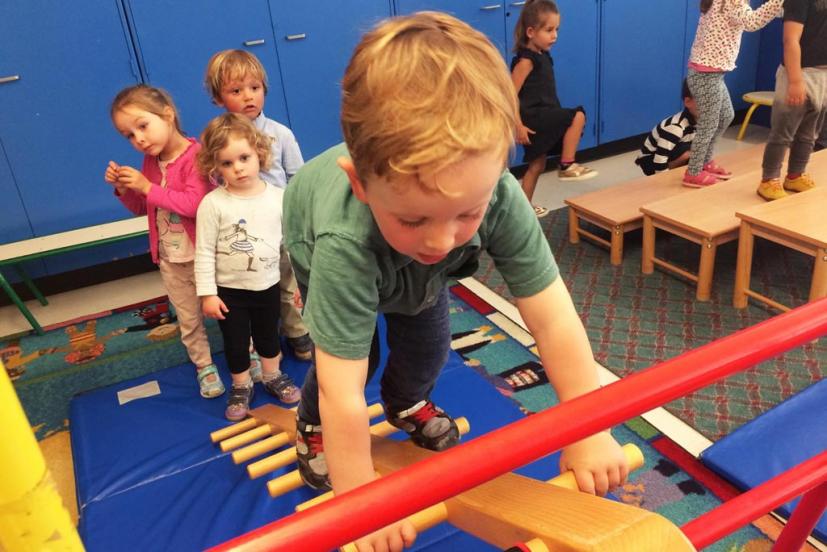
Every day, time is dedicated to tumbling, climbing and moving in space.




